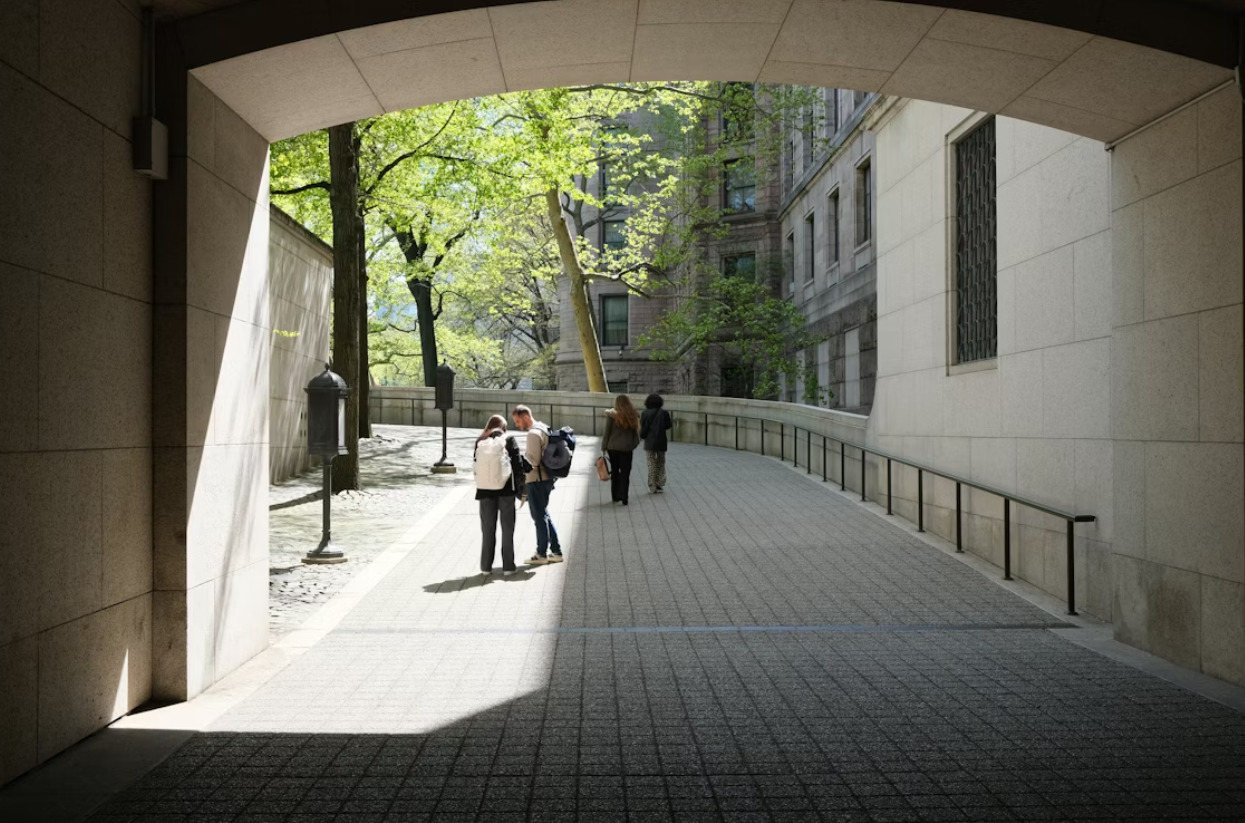Returning from a great trip only to feel a wave of melancholy is a common experience. This “happiness hangover” is a mix of a psychological dip and a physical disruption. Here is a practical, list-based guide to help you reset and feel normal again.
Why you feel off after a trip
The post-vacation slump is driven by a number of factors:
- The contrast effect: Your brain moves from the high novelty and freedom of vacation back to the predictable routine of daily life. This stark contrast can blunt motivation and make you feel down, even if you like your job.
- The body clock shift: If you’ve crossed time zones, your body’s internal clock is out of sync. Your sleep and mealtime signals are scrambled, which is a biological issue, not a matter of willpower.
- The loss of your vacation identity: On the road, you often become a more adventurous, spontaneous, and relaxed version of yourself. Returning home can feel like losing that identity, which can be a subtle form of grief.
- The end of anticipation: A significant part of the joy of a trip is the excitement and planning leading up to it. Once the trip is over, that built-in source of positive focus is gone, which can leave a void.

Your 48-hour reset plan
Focus on strategic actions during your first two days back to make the transition smoother.
The buffer day (the day you land)
Your first priority is to get your body back on local time.
- Seek daylight: If you land during the day, get outside for natural light. This is the most powerful signal to reset your body clock.

- Stick to local time: Immediately switch to local mealtimes and a normal local bedtime.
- Avoid naps: A short nap can feel tempting, but it will make it harder to sleep at night and delay your adjustment.
- Hydrate well: Drink plenty of water. Keep caffeine to the morning and avoid alcohol, as both can disrupt your sleep.

Day 1 (first day back)
The goal is to control the chaos, not conquer it all at once.
- Triage your inbox: Don’t try to answer every email. Spend the morning sorting, deleting, and identifying the one or two truly urgent tasks.
- Protect your calendar: Push any non-essential meetings to the afternoon or the next day to give yourself a clear runway.
- Communicate your capacity: A simple note to your team can set expectations: “I’m back, but at 80 per cent today. Expect brief replies and a fuller update tomorrow.”
- Unpack immediately: When you get home, unpack your entire suitcase. This provides a sense of psychological closure and reclaims your space.

Day 2 (rebuilding momentum)
With the initial rush handled, you can start to find your rhythm.
- Schedule small wins: Tackle a couple of important tasks before noon to rebuild your sense of accomplishment.
- Get outside again: Step out for lunch or a short walk to reinforce your body clock with more daylight.
- Maintain a routine: Stick to your normal work hours and a consistent bedtime to solidify your new rhythm.
The long-term fix: Plan your next story
Nostalgia for a past trip is natural, but the most powerful antidote to the post-vacation blues is anticipation for the next one.
- Start dreaming: You don’t need to book anything. Just allow yourself to wonder, “Where to next?”
- Explore casually: Open a map and trace a coastline. Browse photos of a destination you’ve always been curious about.
- Start a list: Keep a simple list of places that excite you. This simple act shifts your focus from a sense of loss to a feeling of possibility.
[[nid:721386]]
This article was first published in Wego.
Top In Asia





